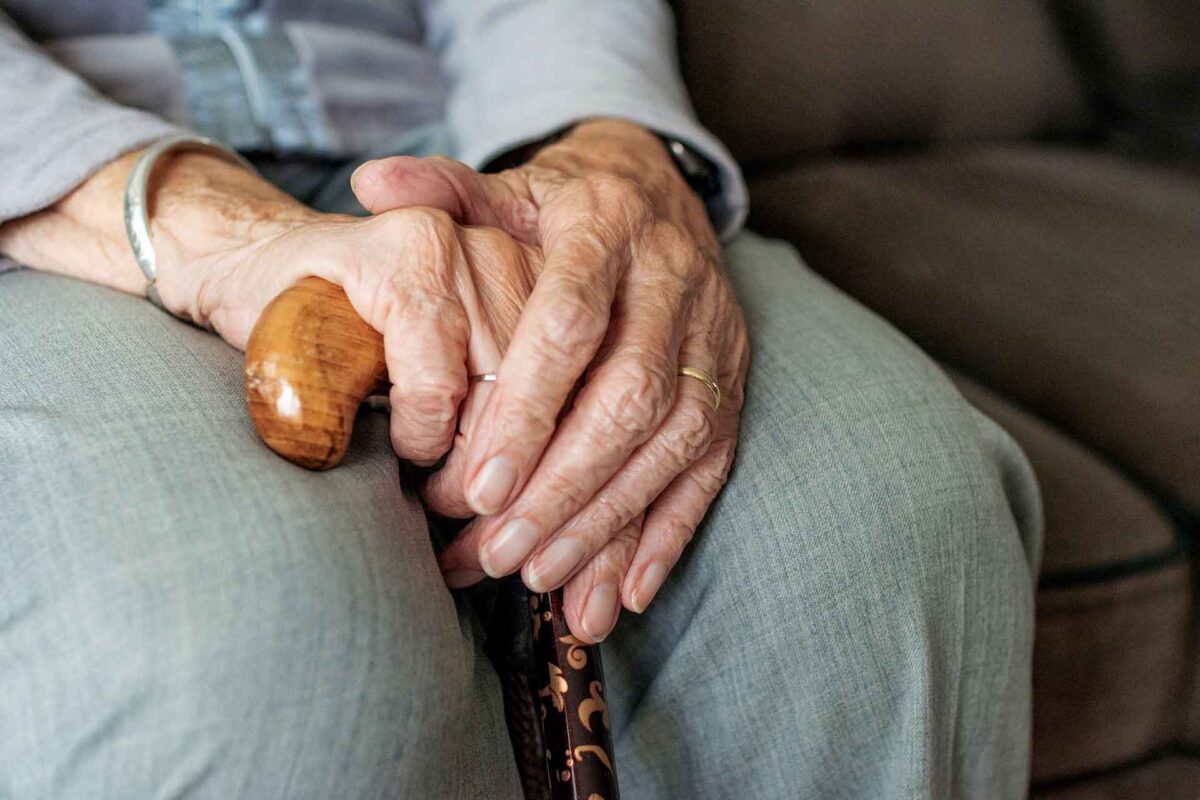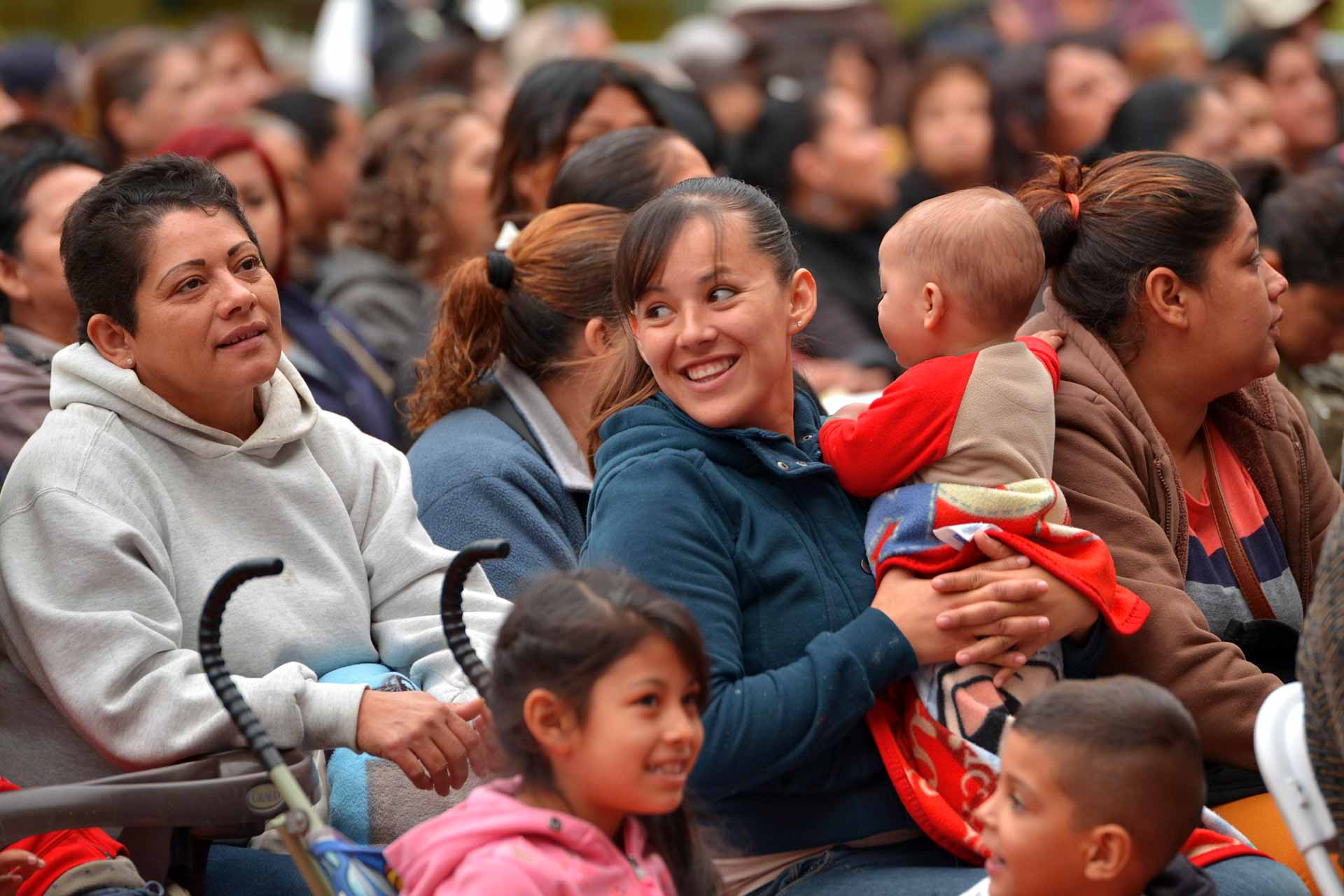EU Commission put demography and ageing population high on the European policy agenda. The European Commission presented a green paper to launch a broad policy debate on the challenges and opportunities of Europe’s ageing society. It sets out the impact of this pronounced demographic trend across our economy and society and invites the public to express their views on how to respond to this in a public consultation, which will run for 12 weeks.
Von der Leyen Commission put demography high on the EU policy agenda. The Commission’s June 2020 report on the impact of demographic change showed that in the last 50 years, life expectancy at birth has increased by about 10 years for both men and women. The Green Paper on Ageing is the first outcome of this report and launches a debate on the main issues related to ageing in Europe and will be followed by the long-term vision for rural areas that will also look into the question of depopulation.
This is a Success and Strength of our social market economy
Dubravka Šuica, Vice-President for Democracy and Demography
Dubravka Šuica, Vice-President for Democracy and Demography, said: “The fact that we are living longer, healthier lives than the generations before shows the success and strength of our social market economy. But it also presents new challenges, and offers opportunities which we need to consider. This green paper will launch a discussion on tapping the full potential of an ageing population – the drivers for innovation which it presents, and the policy responses required.”
The European green paper debate
The green paper frames the debate on ageing by setting out the speed and scale of the demographic changes in our society, as well as the impact this has across our policies and the questions we need to ask ourselves in response. This covers everything from promoting healthy lifestyles and lifelong learning to strengthening health and care systems to cater for an older population. It underlines the need to bring more people into the workforce, highlights the opportunities for job creation and looks at the impact of ageing on our careers, wellbeing, pensions, social protection and productivity.
The Green Paper takes a life-cycle approach, reflecting the universal impact of ageing on all generations and stages in life. In doing so, it highlights the importance of striking the right balance between sustainable solutions for our welfare systems, and strengthening intergenerational solidarity.

Over the coming decades, the number of older people in the EU will increase. Today, 20% of the population is above 65, and by 2070, it is projected to be 30%. Meanwhile, the share of people above 80 is expected to more than double, reaching 13% by 2070. Similarly, the number of people potentially in need of long-term care is expected to increase from 19.5m in 2016 to 23.6m in 2030 and 30.5m in 2050 (EU-27).
The public consultation launched today is open to interested citizens and organisations from all Member States, including from regional and local levels. The results of the consultation will help to identify the support needed for people, their regions and communities. Based on the results, the Commission will consider possible policy responses to reinforce efforts in Member States and regions to address the issues around ageing.
Ageing Population
The world’s population is ageing. Virtually every country in the world is experiencing growth in the number and proportion of older persons in their population.
Population ageing is poised to become one of the most significant social transformations of the twenty-first century, with implications for nearly all sectors of society, including labour and financial markets, the demand for goods and services, such as housing, transportation and social protection, as well as family structures and intergenerational ties.
Older persons are increasingly seen as contributors to development, whose abilities to act for the betterment of themselves and their societies should be woven into policies and programmes at all levels. In the coming decades, many countries are likely to face fiscal and political pressures in relation to public systems of health care, pensions and social protections for a growing older population.
What causes aging population?

Global Trends in Demography and Population Ageing
Globally, the population aged 65 and over is growing faster than all other age groups.
According to data from World Population Prospects: the 2019 Revision, by 2050, one in six people in the world will be over age 65 (16%), up from one in 11 in 2019 (9%). By 2050, one in four persons living in Europe and Northern America could be aged 65 or over. In 2018, for the first time in history, persons aged 65 or above outnumbered children under five years of age globally. The number of persons aged 80 years or over is projected to triple, from 143 million in 2019 to 426 million in 2050.
Demographic drivers of population ageing
The size and age composition of a population are determined jointly by three demographic processes: fertility, mortality and migration.
All regions have experienced substantial increases in life expectancy since 1950. As the life expectancy at birth increases, improvements in survival at older ages account for a growing proportion of the overall improvement in longevity.
While declining fertility and increasing longevity are the key drivers of population ageing globally, international migration has also contributed to changing population age structures in some countries and regions. In countries that are experiencing large immigration flows, international migration can slow the ageing process, at least temporarily, since migrants tend to be in the young working ages. However, migrants who remain in the country eventually will age into the older population.















